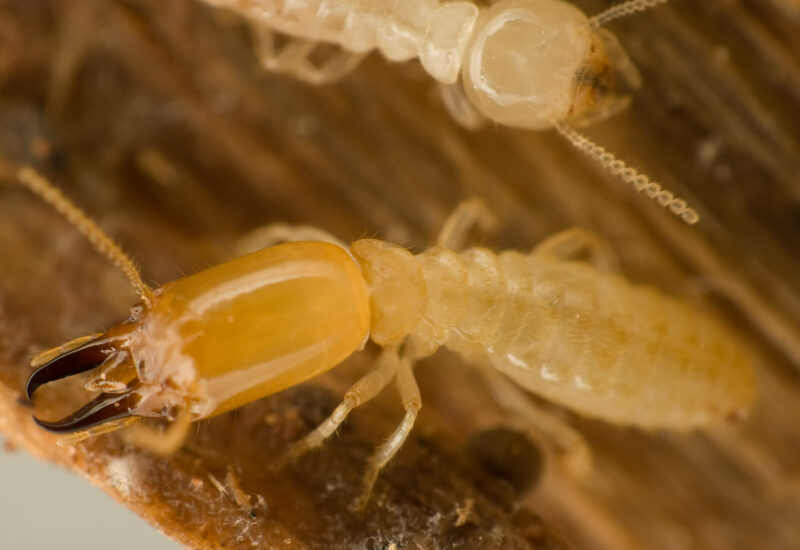Chikungunya Facts and Prevention
Earlier this week a Florida man, the fourth in the state, was diagnosed with chikungunya fever (pronounced chik-en-gun-ye), a virus spread by mosquitoes. He got the disease after being bitten by an infected mosquito while on a trip in the Caribbean. The virus causes fever and joint pain. The disease has been transmitted by mosquitoes in parts of Southern Europe, Southeast Asia, Africa, and islands found in the Pacific and Indian oceans. In December 2013, chikungunya was reported in Saint Martin and has since spread throughout the Caribbean. There is no reason to panic — most people who get the virus recover in a week, but it is still important to protect yourself and your family from mosquito-borne diseases like chikungunya. Use these chikungunya facts and prevention tips to keep you and your family safe!
Mosquitoes That Carry Chikungunya
Chikungunya is spread by mosquitos in the Aedes genus like the Aedes aegypti (Yellow Fever Mosquito) and Aedes albopictus (Asian Tiger Mosquito), the same mosquito species that transmit West Nile fever, dengue fever and yellow fever. These mosquitoes were originally only found in tropical and subtropical environments, but global trade has helped introduce them to much of the world, including the United States.
Chikungunya Symptoms
Chikungunya symptoms can take anywhere from three to seven days to develop. At this time, there is no vaccine to prevent chikungunya and no medication that directly treats the disease. The symptoms include:
- Fever
- Joint pain (usually in hands and feet)
- Headaches
- Muscle Pain
- Swelling of joints
- Rash
If you think you have chikungunya, seek medical attention and be sure to tell your doctor where you have recently traveled. Also, you can help prevent the spread of chikungunya by protecting yourself from mosquito bites while sick.
Prevention
Use these tips to prevent mosquito bites that may transmit disease:
- Wear long sleeves, pants and a hat when outside
- Protect exposed skin by applying products that contain DEET, picaridin, or oil of lemon eucalyptus (apply sunscreen first before applying insect repellent)
- Use clothing and tents that are treated with permethrin, an insecticide that controls mosquitoes
- Make sure your home has either air conditioning or window screens to keep mosquitoes from getting in
- Use mosquito netting if you plan on sleeping outdoors
If you do get a mosquito bite, try hard not the scratch and apply calamine lotion or hydrocortisone cream to get rid of the itchiness.
We hope these tips will help you and your family enjoy a fun summer that is free of mosquito bites!






